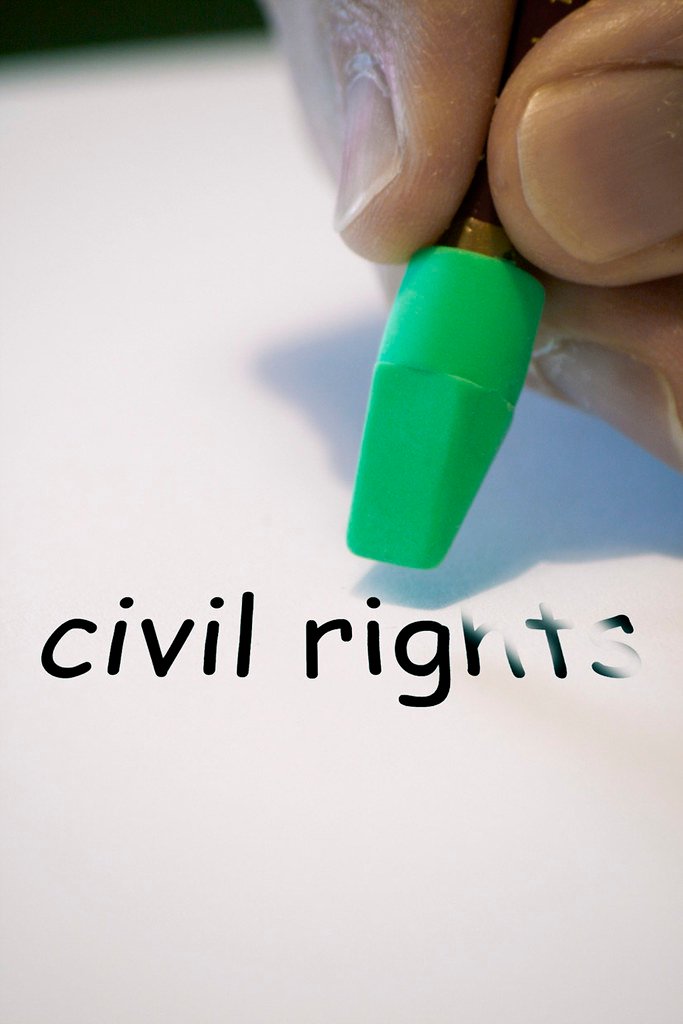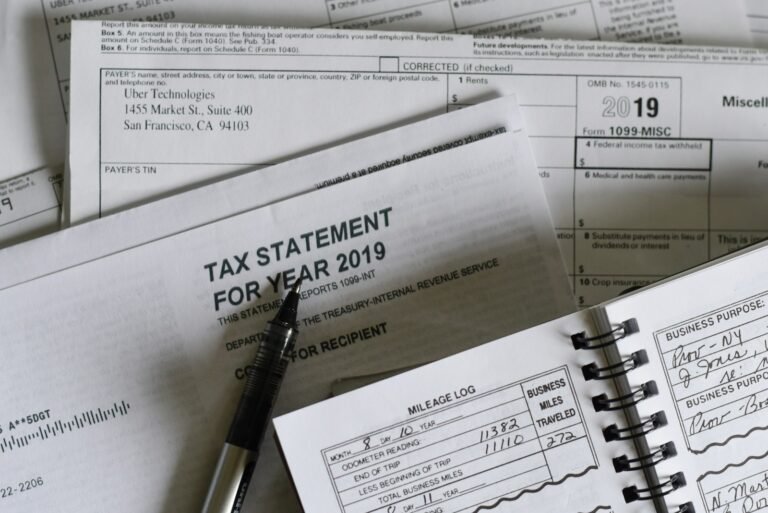
SB 129, which took effect on October 1, 2024, bans diversity, equity, and inclusion (DEI) programs and restricts teaching “divisive concepts” on race and sex. The lawsuit argues that the law’s vague language has led to self-censorship among educators and resulted in the loss of funding for student organizations supporting Black and LGBTQIA communities.
UAB students, UA professors file for a stay of Alabama’s anti-DEI law
by Alander Rocha, Alabama Reflector
January 30, 2025
Professors, students and civil rights advocates filed a motion Thursday seeking a preliminary injunction against Alabama’s SB 129, a law they claim imposes restrictions on discussions of race and gender in public universities.
The lawsuit was filed on Jan. 14 and brought by the American Civil Liberties Union (ACLU) of Alabama, the Legal Defense Fund (LDF) and the Alabama State Conference of the NAACP on behalf of three University of Alabama professors and three University of Alabama in Birmingham students. It argues that the law violates the First and Fourteenth Amendments by restricting academic freedom and imposing vague prohibitions that chill free speech.
“This law undermines the fundamental mission of higher education and erodes students’ right to learn in an environment that fosters open dialogue,” said Antonio Ingram, senior counsel for LDF, in a statement. “SB 129 is at odds with the Constitution’s protections of free speech and due process.”
GET THE MORNING HEADLINES.
The state had not filed a response as of early Thursday afternoon. A message was left with the Ivey’s office and the University of Alabama Board of Trustees.
The legislation, which took effect on Oct. 1, 2024, bans diversity, equity, and inclusion (DEI) programs at public colleges and universities. It also prohibits teaching or advocating for what lawmakers deem “divisive concepts” related to race, sex, and systemic discrimination.
The lawsuit claims that educators fear discipline or termination if they discuss topics that could be construed as advocating for banned concepts. Students, meanwhile, have seen funding cut for organizations that support Black and LGBTQIA communities.
Plaintiffs argue that SB 129 is overly broad and ambiguous, making it unclear what discussions are allowed. The law includes exemptions for “objective” teaching of history, but provides no definition of what constitutes objectivity, leading to self-censorship among faculty.
University of Alabama professor Cassandra Simon, who teaches a course on anti-oppression and social justice, said she has already faced threats of discipline for class discussions that included systemic inequality.
Students have also been directly impacted. The lawsuit notes that the Black Student Union and Safe Zone Resource Center, which provided support for LGBTQIA students, lost access to campus spaces and funding. Student leaders say the law has led to the dismantling of spaces intended to foster inclusion and support for marginalized communities.
Alabama officials have defended the law, saying it ensures that taxpayer-funded institutions remain politically neutral and do not endorse controversial ideologies. Gov. Kay Ivey’s office has not yet commented on the injunction request.
The lawsuit draws parallels to legal challenges in Florida, where courts blocked enforcement of similar legislation under the state’s Stop W.O.K.E. Act. Plaintiffs argue that Alabama’s SB 129 imposes similar unconstitutional restrictions on academic speech and student organizations.
“Justice demands urgency,” Alison Mollman, ACLU of Alabama legal director, said in a statement. “Students and professors in our state have dealt with this unconstitutional law for several months and deserve to learn in a classroom that is free of censorship and racial discrimination.”
The court had not scheduled a hearing on the motion for a preliminary injunction as of early Thursday afternoon.
YOU MAKE OUR WORK POSSIBLE.
Alabama Reflector is part of States Newsroom, a nonprofit news network supported by grants and a coalition of donors as a 501c(3) public charity. Alabama Reflector maintains editorial independence. Contact Editor Brian Lyman for questions: info@alabamareflector.com.



